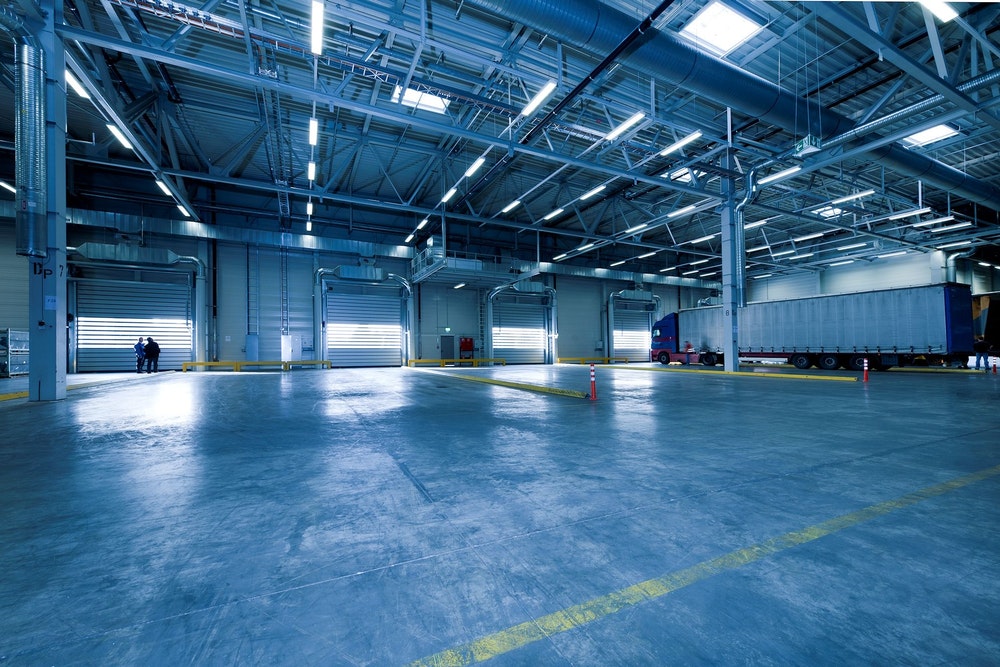
The use of technology is increasingly common in the corporate environment, and also in everyday life. This has tremendously favoured the productivity of companies, which now have new tools to carry out their activities. Continuing this trend, a novel IT (Information Technology) concept has emerged that seeks to further drive these results: robotic process automation technology.
If we talk about process automation, the acronym RPA refers to the Robotics Process Automation (Robotic Process Automation, for its English name). That is, a technology whose objective is to reduce the execution time of the activities that are part of a process. In short, RPA could be defined as a robot or software that performs tasks in place of the human being.
The automation solutions using the RPA technology have already been implemented in different areas of industry, such as in automobile assembly and manufacturing processes of many items.
What exactly is RPA?
What differentiates automation with RPA technology from traditional process automation with IT is the use of robot software , which can adapt to irregular situations, exceptions and new circumstances.
Once the robot software has been developed -which is designed with an RPA tool- , it will be able to capture and interpret the information about the processes contained in the software that the employees operate, in addition to initiating new actions, modifying data, generating responses and communicate autonomously with other systems.
Both large corporations and SMEs will be able to take advantage of the benefits inherent in the automation of RPA systems, implementing them in their organisation to accelerate middle office and back office tasks in a wide range of sectors, including finance, purchasing, insurance, sales, accounting, human resource management (HRM), customer relationship management (CRM), and supply chain management (SCM).
Broadly speaking, RPA is nothing more than a tool that allows organisations to create robot software , developed primarily to optimise industrial and business processes, track these operations, and fine-tune the operation of robots.
How does robotic process automation work?
The mainstay of RPA is the use of robots, which are computer codes or programs with algorithms designed to learn new functions automatically, so that they are not limited to repeating the tasks for which they were originally created.
Thus, they can be used in the automation of systematic processes and repetitive tasks that are part of digital environments. For example, they try to replicate the interactions that a real user would make when interacting with their management system. However, they can be implemented for a multitude of tasks and functions.
Automation solutions with RPA technology are especially valuable for organisations that have several complex and different systems. These must interact with each other in a fluid way and that today are integrated by employees who perform the tasks of copying, pasting, manipulating and interpreting data between systems.
To cite an example, if an electronic form of a human resources system lacks an employee’s personal identification number (PIN), traditional automation software would identify that a record presents an exception. From this, an employee of the organisation should find the corresponding PIN and manually enter it in the form. After modifying the form, the employee can send it to introduce the changes in the payroll system.
With RPA technology , on the other hand, the solution would have the ability to search for and introduce unfulfilled exceptions on its own, and to allow internal personnel to modify or correct the operation of the robots, thus creating a cycle of continuous improvement and evolution.
What are the advantages of implementing the APR?
As already mentioned, robotic process automation has among its many advantages, the fact that it is a tool with rapid implementation, low impact of change and an extraordinary capacity for transformation and value creation . Now, some very interesting benefits can be highlighted:
Optimisation of resources . Capital, personnel and time are the greatest resources of any organisation, regardless of its size or the market segment to which it belongs. An RPA automation system contributes to the optimisation of these resources, since by migrating certain activities to a machine, an increase in the performance of repetitive tasks is obtained.
Instead of wasting time on repetitive activities, workers can focus on the more difficult analytical work. Employees who spend little time on tedious tasks also report increased work engagement, which undoubtedly increases efficiency and productivity.
Human errors disappear. When entering data, it is quite easy to make mistakes like omitting or inserting letters and numbers. A robot, however, prevents these errors from occurring.
As cycles and transition times decrease, efficiency rises . RPA significantly reduces the time required to complete a wide range of business management processes. Including customer service and purchasing management, as well as any additional processes that need to access numerous existing systems.
By using a robotic process automation system , you will have much more flexibility
Commercial analyses are more complete and available more easily . Every operation completed by an RPA is recorded in a detailed log. This information can be manipulated to perform an in-depth analysis of virtually all completed operations. This data can also be used to ensure compliance with any government legislation.
The automation systems solutions RPA enjoy much more flexibility than traditional ones . This is due to the fact that this class of solutions is capable of being integrated into other management programs within the organisation. It can be implemented in different areas, which allows them to be used for different purposes and for much longer without the need to invest large additional sums. of money.
About the Author
Mukul Mahajan, is one of the Directors and founder of Tetra Information Services Pvt Ltd. Company is focused on providing Cost-effective solutions to Corporates using Open source technologies.
